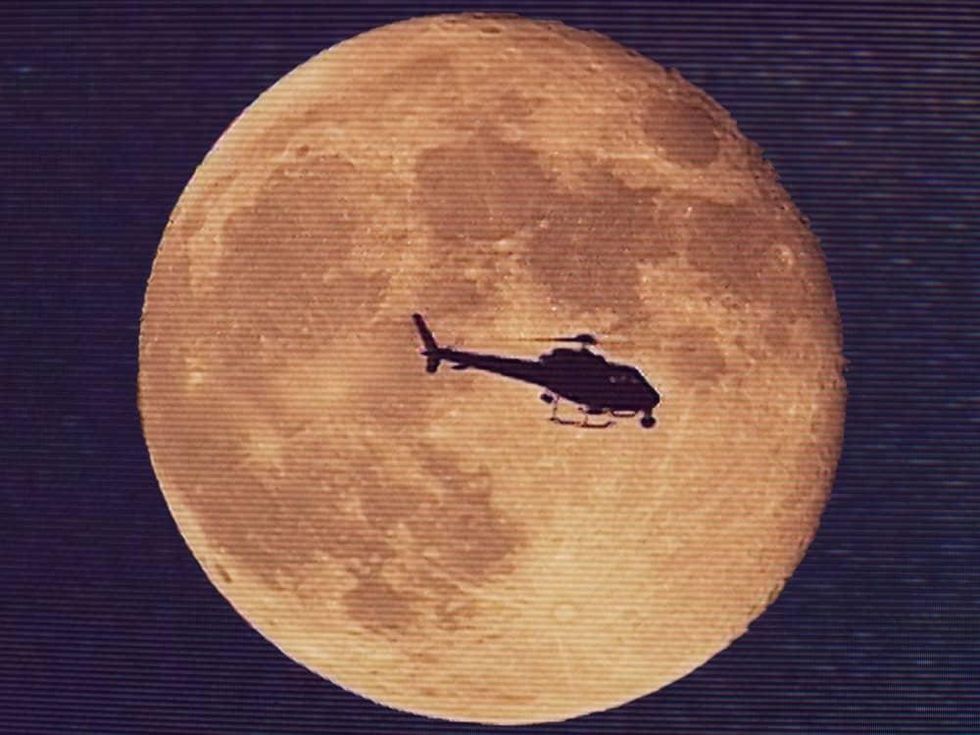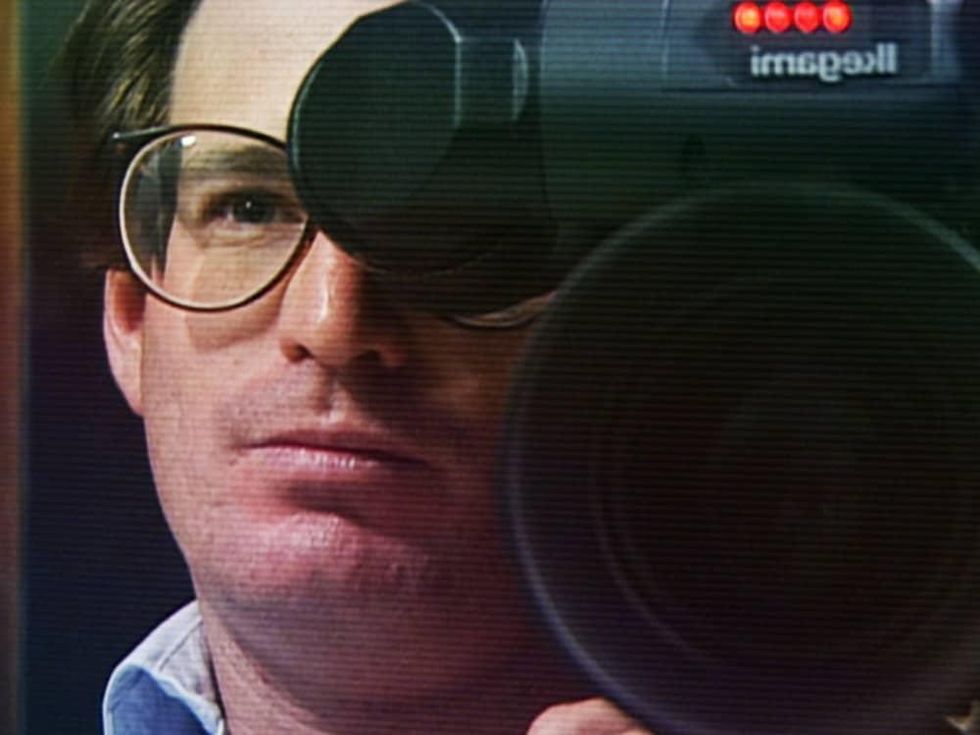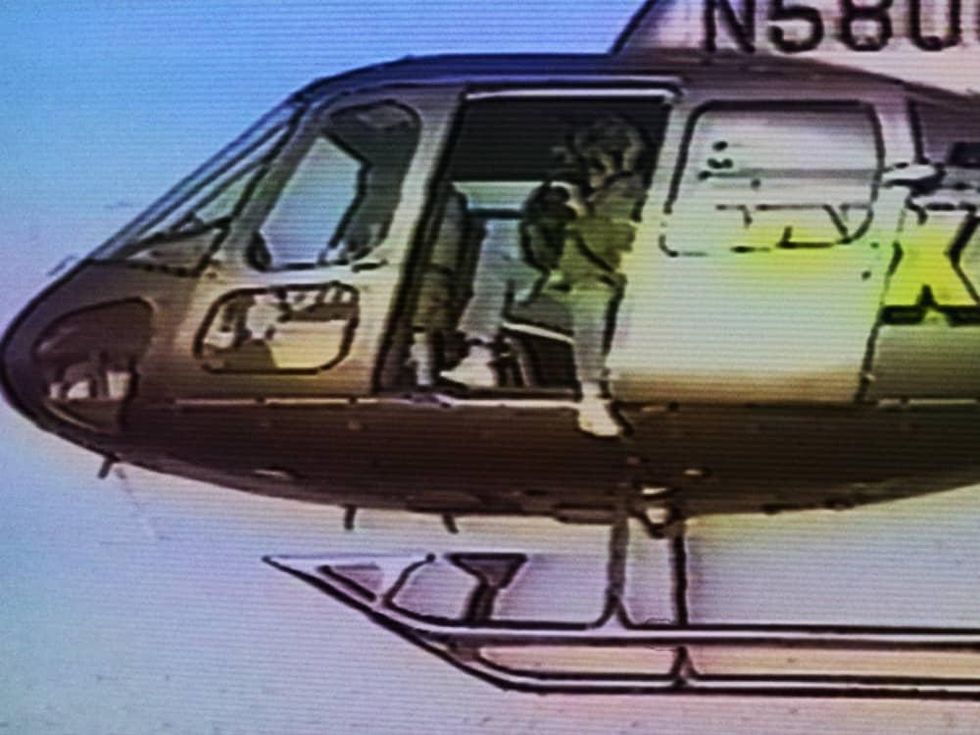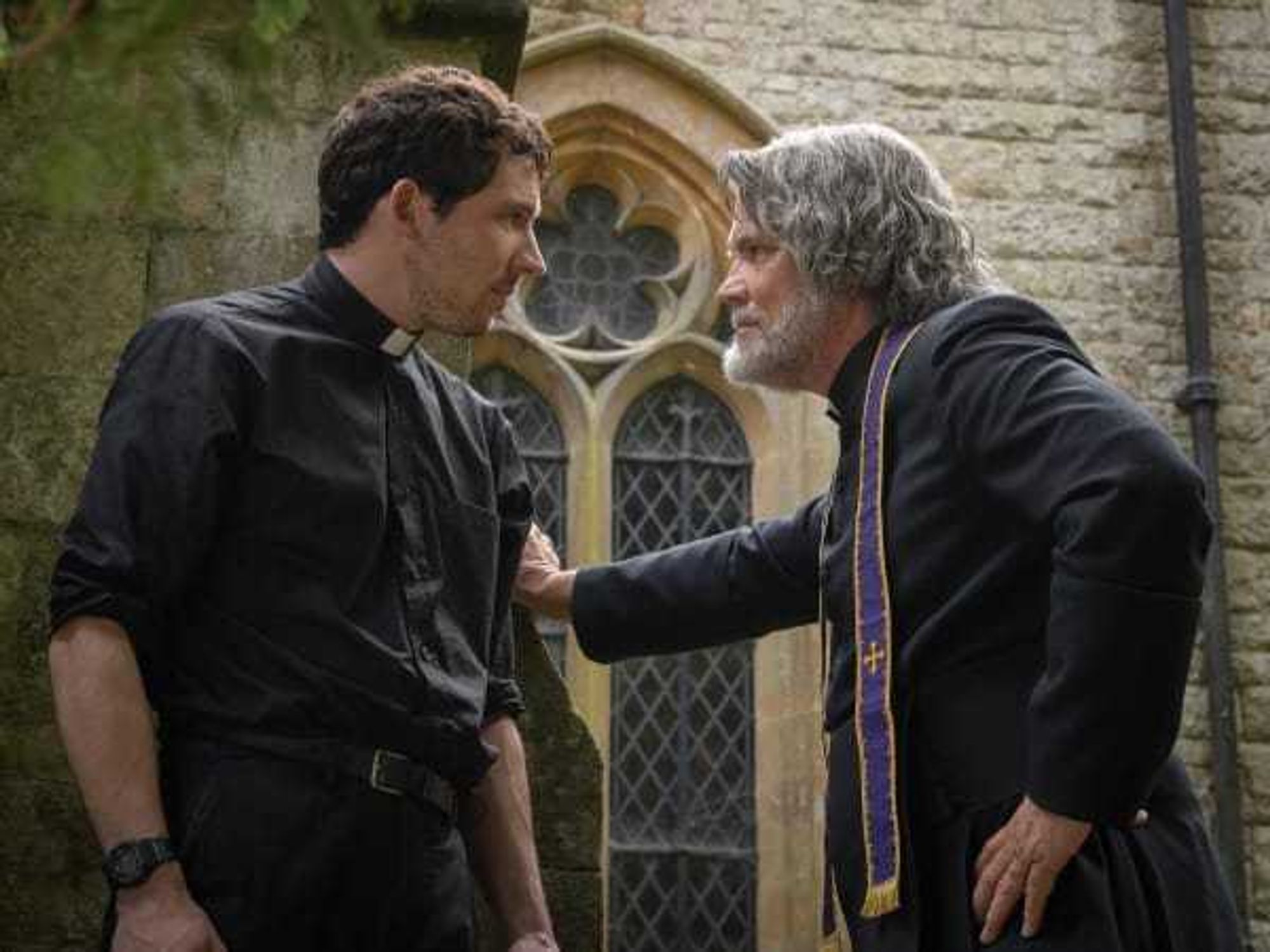Movie Review
Whirlybird documents the up-and-down life of helicopter reporters
In the current world of 24-7 news coverage, having a helicopter follow a police chase or report on some other big event is not unusual. But in the 1970s and ‘80s, it wasn’t as prevalent, giving those who were able to afford it an edge in getting to the big stories of the day first. The new documentary Whirlybird tells the story of one unusual couple who created their own news-gathering organization, and the turbulence that resulted from it.
Bob Tur and Marika Gerrard became a couple in the 1970s, with Marika’s low-key nature clashing with Bob’s brashness. But Marika found herself drawn to him nonetheless, and soon joined him as he reported on crime stories while driving around the Los Angeles area.
Their joint venture, which they dubbed the Los Angeles News Service, became successful due to their shared intuition and hustle, but Bob realized that if they were going to truly set themselves apart, they needed to have a helicopter. That foresight led to them establishing themselves as a go-to generator of video coverage throughout the ‘80s and ‘90s, putting them front-and-center for some seminal events.
The film, directed by Matt Yoka, is equal parts a glimpse at the extraordinary events that Bob and Marika were able to cover firsthand, and a story about the toll it took on their marriage and family. As one might imagine, covering the news is not a 9-to-5 kind of job, so the two of them would often run off at a moment’s notice, leaving their two young kids behind (one can surmise that the kids were left with grandparents or others, although that fact is never explicitly said).
The majority of the footage in the film is that captured by Bob and Marika themselves, and it shows some amazing things, from what’s said to be the first live police pursuit, to the 1992 L.A. Riots following the Rodney King verdict, to O.J. Simpson leading police on a slow-motion chase in his white Ford Bronco. But it also shows Bob being an extreme taskmaster, screaming at Marika or his co-pilot, Larry Welk, for not doing their jobs to his liking.
It’s revealed early in the film that Bob now goes by Zoey, having transitioned to being a woman at some point in the past 20 years. That reality is one of several that’s presented as matter-of-fact instead of being a larger part of the story of the film. Another is that their daughter, Katy, whom they brought along on news trips prior to their helicopter phase, has gone on to become a notable reporter in her own right, currently working as an anchor for MSNBC.
The film is successful in making Bob and Marika’s career feel dramatic, although one suspects that for every police chase or fire they covered, there were many more excursions that resulted in little of note. The family turmoil is messy and often ugly, with Bob most often the antagonist. Zoey works hard in her interviews to demonstrate that she no longer becomes “explosively angry,” as Katy described her father, due to her transition, although a coda indicates she hasn’t left her old life completely behind.
Whirlybird is at its best when showing the unique history that Bob and Marika were able to document during their years together as helicopter reporters. The family dynamics are murkier, and they could have been fleshed out a bit more to give viewers a complete picture of this distinctive couple.
---
Whirlybird is currently available on iTunes and on other video-on-demand options.




